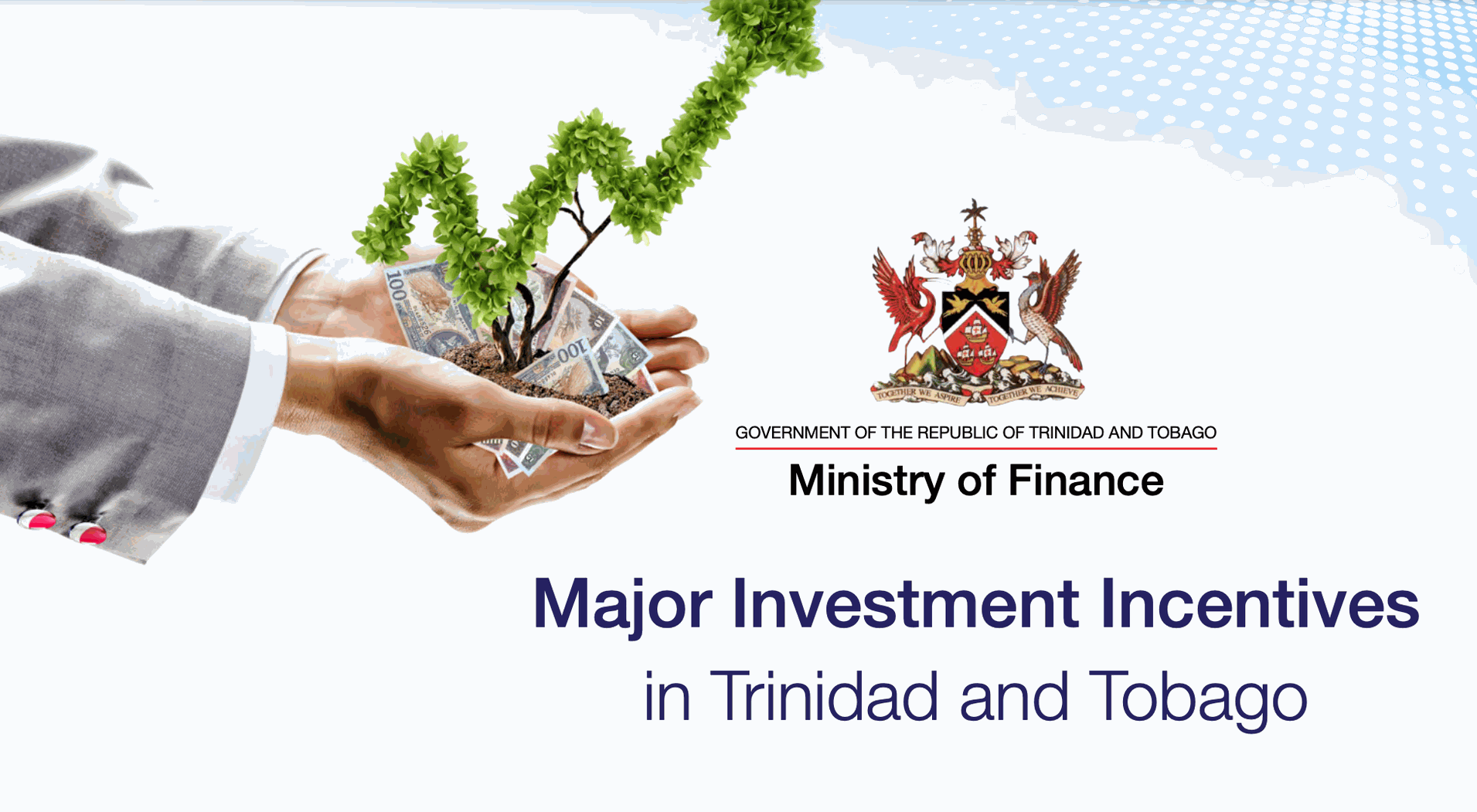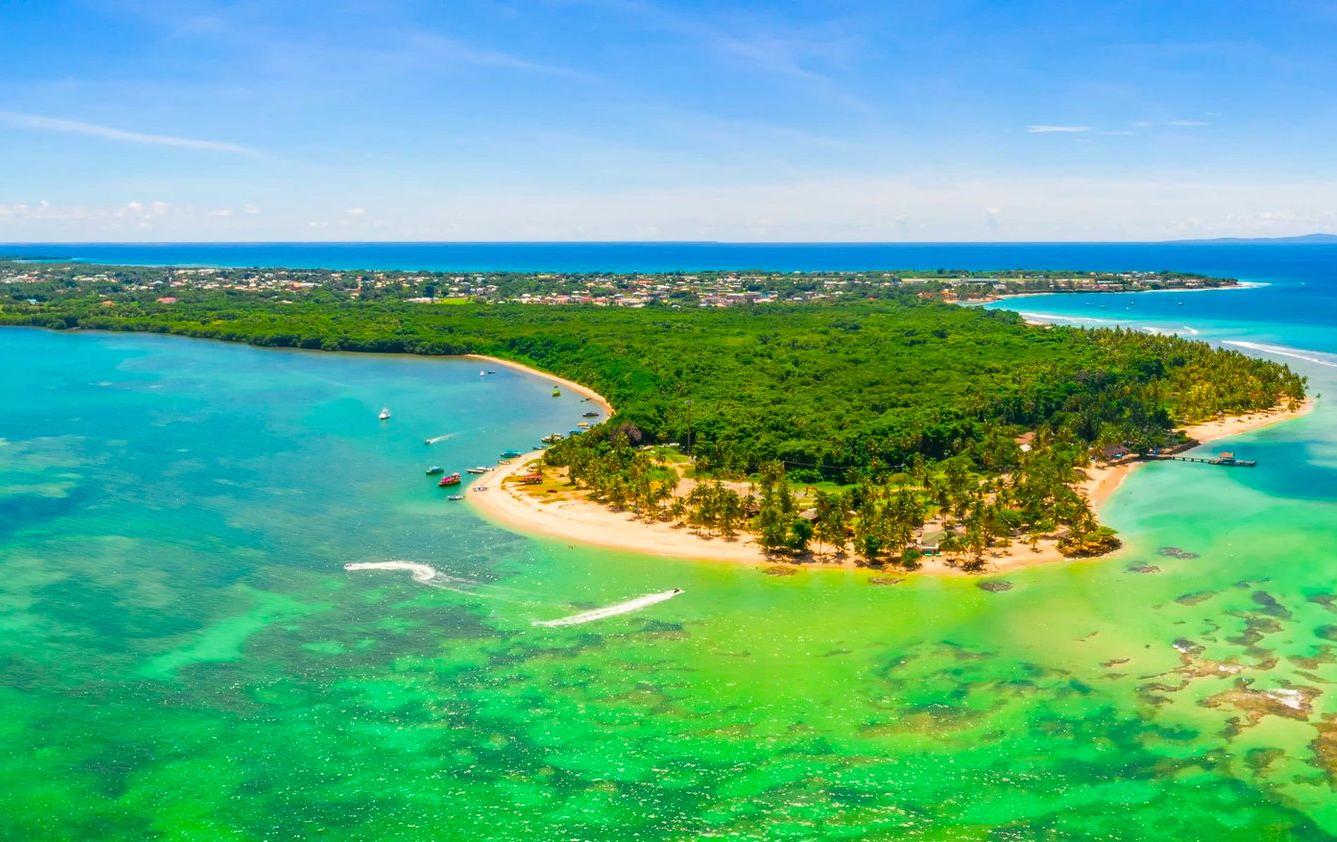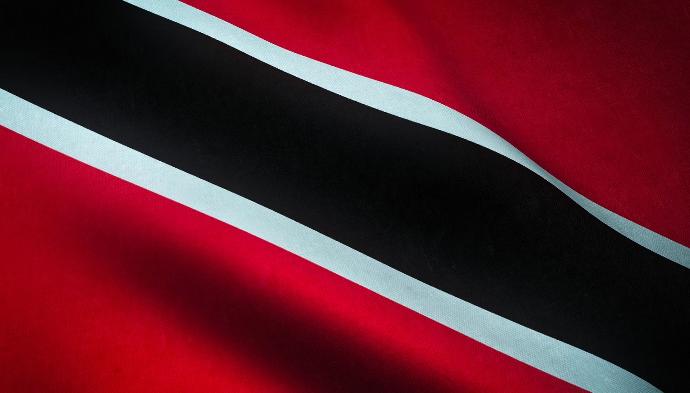Investing in Trinidad & Tobago
Trinidad & Tobago is an excellent place for investment for international businesses.
It offers a number of advantages for existing and potential investors. These are its location- both for its proximity to North, Central & South America, and its presence below the hurricane belt which lends to favorable weather conditions, its growth outlook, a stable political environment, highly skilled workforce, and a well-organized, locally-regulated financial system. As such, the country has earned a reputation as an excellent investment site for international business.
Click "Read more" below for more details on a number of unique investment opportunities in Trinidad and Tobago.

Location
Trinidad and Tobago is a twin-island unitary state situated at the southernmost base of the Caribbean Archipelago off the northern edge of South America, lying just off the coast of northeastern Venezuela and south of Grenada in the Lesser Antilles.
Trinidad is separated from Venezuela by the 11 kilometre straits of the Gulf of Paria.
| Trinidad | Tobago |
|
Location: Latitude 10 1/2°N, Longitude 61 1/2° W
|
Location: Latitude 11°N, Longitude 60°W |
|
Physical Area: Rectangular in shape, measures 60 km by 80 km.
|
Physical Area: Fish-shaped, measures 42 km) by 10 km.
|
|
Total Area: 4828 square kilometres
|
Total Area: 300 square kilometres
|
| Major Cities: Port of Spain (capital), San Fernando |
Major Towns: Scarborough (capital), Roxborough, and Charlotteville
|

Trinidad and Tobago's climate:
Trinidad and Tobago's climate is tropical, with average maximum temperatures of 32°C, (89°F). There are two seasons annually:
Dry Season
The dry season for the first six months of the year.
Rainy Season
The rainy season in the second half of the year.
Public holidays are authorised by law and limit work or official business on those dates. Therefore all government offices, banks, and most businesses are closed on public holidays in Trinidad and Tobago.
- New Year’s Day – January 1st
- Carnival Monday* – At a date to be determined
- Carnival Tuesday* – At a date to be determined
- Shouter Baptist Liberation Day – March 30th
- Good Friday – At a date to be determined
- Easter Monday – At a date to be determined
- Arrival Day – May 30th
- Corpus Christi – At a date to be determined
- Labour Day – June 19th
- Emancipation Day – August 1st
- Independence Day – August 31st
- Republic Day – September 24th
- Christmas Day – December 25th
- Boxing Day – December 26th
- Divali – At a date to be determined
- Eid-Ul-Fitr – At a date to be determined
It is important to note that:
- Good Friday and Easter Monday are observed as public holidays in Trinidad and Tobago. However since they are determined by the Christian calendar, the date for each public holiday varies from year to year.
- The Muslim festival of Eid–ul–Fitr and the Hindu Festival of Divali are observed as public holidays in Trinidad and Tobago. However, since they are determined by the respective Muslim and Hindu religious organisations, the calendar date for each public holiday varies from year to year.
- When a public holiday falls on a Sunday, the holiday will be observed on the Monday immediately following. When two public holidays fall on the same day, the following day is also given as a public holiday.
- *Most businesses are closed on Carnival Monday and Tuesday, even though these days are not public holidays. These date precede Ash Wednesday which is also determined by the Christian calendar and thus varies from year to year.
- At the discretion of the Prime Minister of Trinidad and Tobago, any other date may also be declared a public holiday
Trinidad and Tobago follows the Westminster model of Government and upholds the traditions of parliamentary democracy it inherited from its colonizers Great Britain. The country gained independence in 1962 and became a Republic in 1976. It is a member of the British Commonwealth.
General elections are held at least every 5 years; the democratic transfer of power is peaceful and routine.
Legislative power lies with the House of Representatives with 41 elected members, and the Senate with 31 members appointed by the President on the advice of the Prime Minister and Leader of the Opposition; nine of these members are independents.
In Tobago there is the Tobago House of Assembly, where members are elected and are ultimately responsible for the administration of the island, and for the implementation of policies that are referred by Parliament.

Doing Business in Latin America Conference.
Speech by Nirad Tewarie, CEO AMCHAM T&T